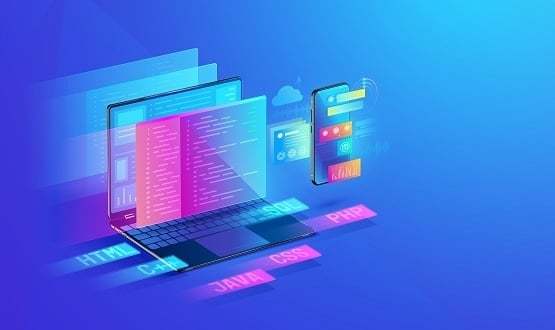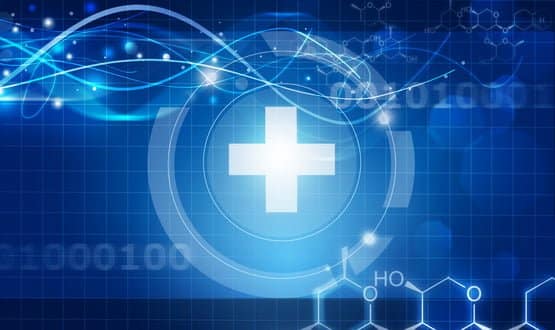Privacy watchdogs back biting NHS
- 26 April 2013

Well-known privacy campaigners have launched a new initiative to try and stop NHS England’s GP Extraction Service in its tracks.
The campaign, called medConfidential, has been put together by several organisations, such as Privacy International, Big Brother Watch, NO2ID, the Foundation for Information Policy Research, and TheBigOptOut.
It is fronted by Terri Dowty, former director of Action on Rights for Children, which campaigned against the ContactPoint children’s database proposed by Labour, and Phil Booth, former NO2ID campaigner.
They claim that the GPES, which will extract datasets from GP practices to the Health and Social Care Information Centre for use in performance and outcome monitoring by other organisations, is breaching patient-doctor confidentiality.
Booth added that it was undermining people’s right to privacy. “If people can’t trust that what they say to their doctor will be held in confidence, some will withhold information.
"That doesn’t just put their own health at risk, but the public’s health,” he said.
“If you attack the relationship between doctors and patients, you are undermining trust in the whole system.
"You got to preserve the trust which health professionals have to have. It’s being taken away from us through a range of new policies.”
MedConfidential is concerned that GPES will be used to extract a wide range of data from GP systems, including patient demographics, events, referrals, diagnosis, health status and exceptions, as well as patients’ NHS Numbers.
The HSCIC has said that practices will approve extracts. However, an early row about the service has focused on GPES being used to feed data into the care.data programme that will link primary and secondary care data for the first time.
Doctors’ organisations expressed concern that GPs and patients would not be able to opt out of this extract, although the row seems to have been averted with an assurance that patients will be able to make a “reasonable objection” to their data being shared.
The HSCIC says GPES will “support a diverse range of services and initiatives that aim to improve the diagnosis, treatment and prevention of illness.”
Booth said that one of the most disturbing factors was that the data uploaded will also be made available to outside parties such as researchers and for-profit companies, without patients being asked to consent.
“It’s our data, if you want to use if for something else, just ask. Most people don’t even know this is happening. Our medical records are being commoditised. Some are saying medical records are the new oil,” he said.
“The HSCIC say that it will be ‘anonymised’ before release, but the concept of anonymisation is highly controversial and it’s unlikely that guarantees can be given about the possible re-identification of the data.”
According to Booth, the HSCIC has already published price lists for selling medical data to researchers and others. He said the centre claimed that outputs will not be identifiable in the first release, but that no guarantees were made for the future.
At medConfidential’s first conference and official launch, patients, charities, clinicians and campaigners shared their concern for the new extraction service. The campaign will continue to lobby until it has seen results.




